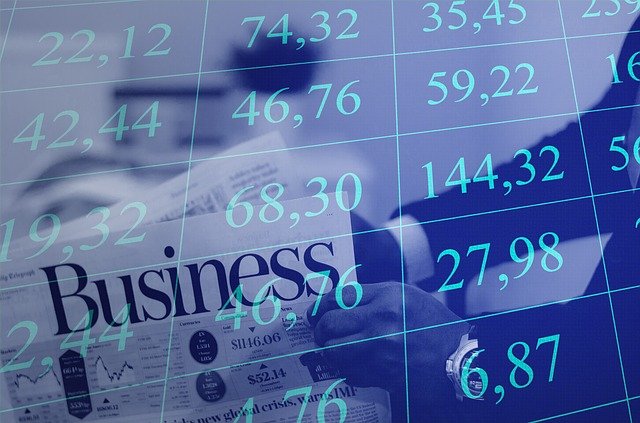Understanding Foreign Exchange With These Simple Tips And Tricks

Forex, a shortening of “foreign exchange,” is a currency trading market in which investors convert one currency into another, ideally profiting from the trade. Currencies in the marketplace work in pairs, with investors buying, selling and trading currencies based on their current and projected strengths. For instance, someone purchasing the USD against Japanese yen hopes that the dollar is stronger. If this is a good investment, this trader will be able to sell the yen for a profit later.
The foreign exchange markets are especially sensitive to the state of the world economy. There are a number of factors you have to consider before making trades. Learn as much as you can about forex principles related to trading and accounting as well as bolstering your general understanding of economic policy. You will be better prepared if you understand fiscal policy when trading foreign exchange.
Currency Pair
Once you pick a currency pair to begin with, learn about that currency pair. By trying to research all the different types of pairings you will be stuck learning instead of trading. Take the time to read up about the pairs that you have chosen. It is important to not overtax yourself when you are just starting out.
In the Foreign Exchange market, there will always be currency pairs that are trading up, and others that are trading down, but an overall market trend should be apparent. A market that is trending upwards makes it easy to sell signals. You should try to select trades based on trends.
Try to utilize regular charting as you study forex trading, but do not get caught up in extremely short-term monitoring. These days, it is easy to track the market on intervals as short as fifteen minutes. Shorter cycles like these have wide fluctuations due to randomness. Don’t get too excited about the normal fluctuations of the foreign exchange market.
Some traders think that their stop loss markers show up somehow on other traders’ charts or are otherwise visible to the overall market, making a given currency fall to a price just outside of the majority of the stops before heading back up. This is absolutely false; in fact, trading with stop loss markers is critical.
The foreign exchange market is the largest open market for trading. Investors who are well versed in global currency are primed to have the highest rate of success in forex trading. Without a great deal of knowledge, trading foreign currencies can be high risk.